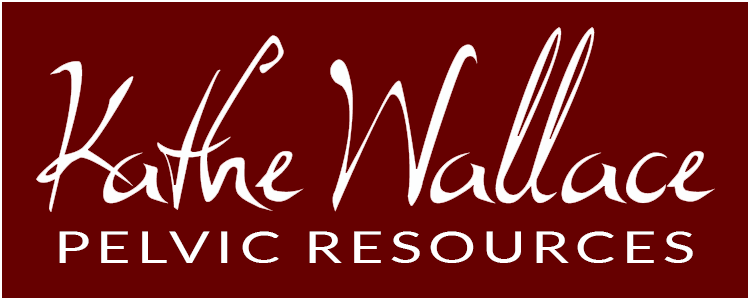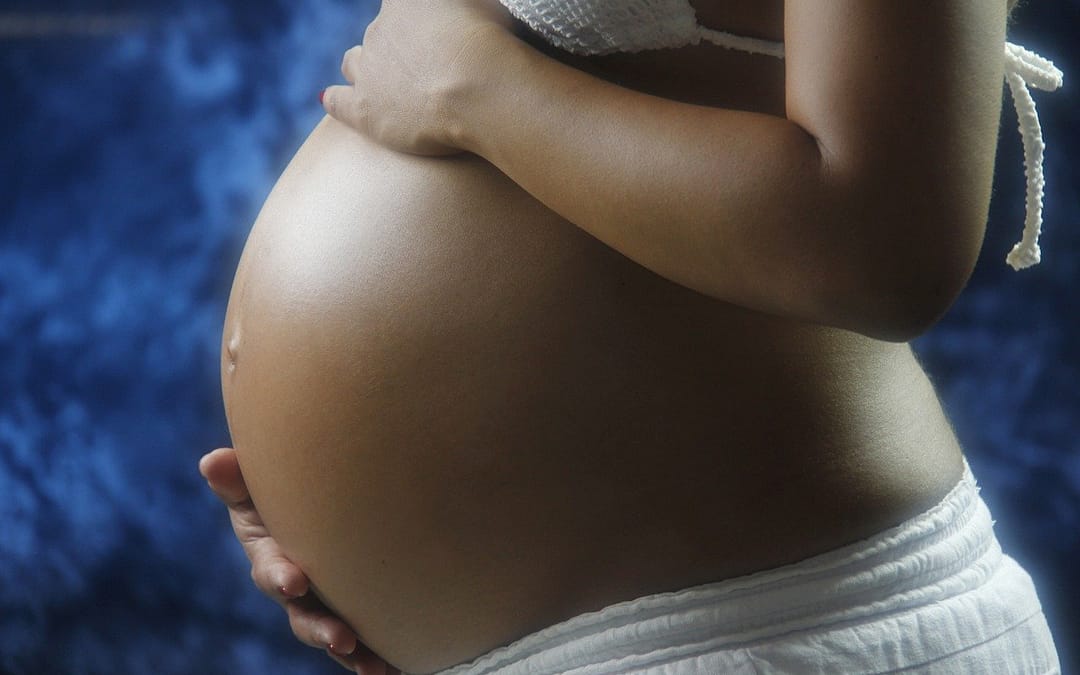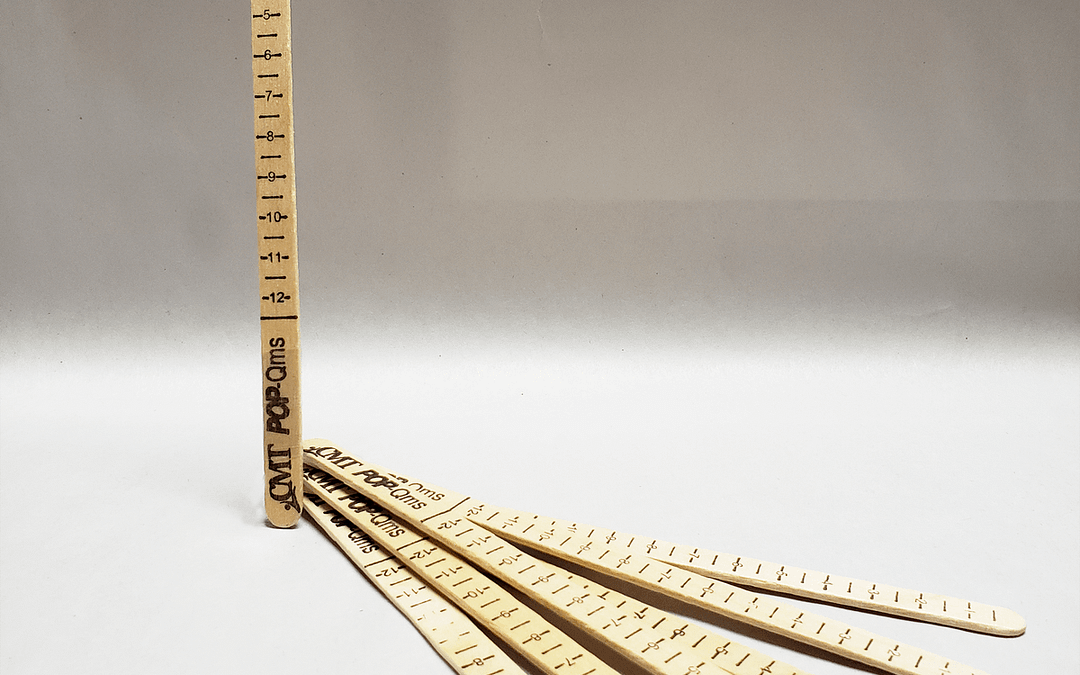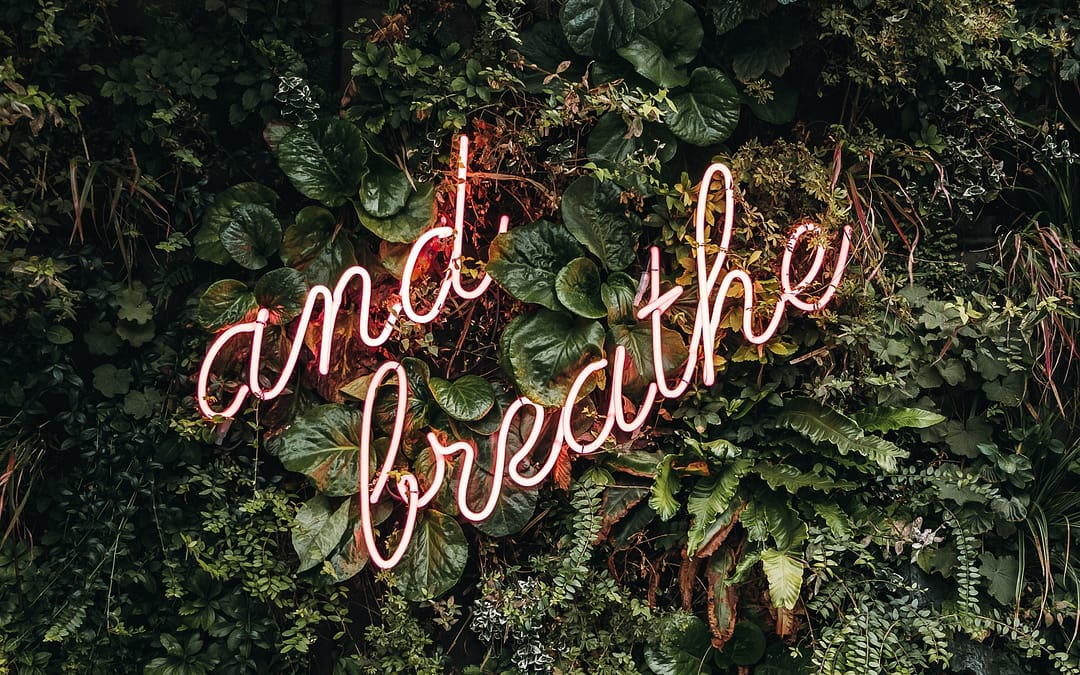Bladder health awareness starts with the fluids you consume. Did you know that bladder control and bladder discomfort can improve with changes to your diet, including the beverages you choose to drink? This article provides some information about what drinks can irritate the bladder, and some ideas for healthy bladder beverage choices.
What is a Bladder Irritant?
A bladder irritant is a drink, food or medication that causes several reactions in the bladder. You may feel a need to urinate often (called frequency), feel a strong sense to empty your bladder (called urgency), have bladder spasms, or even bladder pain.
Some irritants are thought to contribute to bladder leakage known as urinary incontinence. Some people are more sensitive to bladder irritants. If you are experiencing the symptoms above, you may want to see if cutting back, substituting, diluting or eliminating foods or drinks that can cause irritation improves the bladder symptoms.
Common Bladder Irritants
Irritant intake often starts with the first beverage of the day. Medical evidence shows that caffeinated beverages – tea, coffee, energy drinks – increase urgency and frequency of urination. Good substitutes for coffee drinkers include chicory root beverages: try Pero®, Kaffree Roma®, Inca, Teeccino. For tea drinkers, try non-citrus herbal teas, Rooibos or red tea as a caffeine-free alternative. Carbonated beverages/soda pop and all types of alcoholic beverages are also known irritants. It is – widely believed that consuming beverages or eating acidic fruits/juices (oranges, lemons, limes, grapefruits) tomato-based products, spicy foods or artificial sweeteners can contribute to bladder irritation. Some people find drinking water in combination or after an irritant decreases symptoms.
Higher acid juices/fruits are also known bladder irritants. Oranges, lemons, limes, grapefruits or tomato – either in a beverage or eaten by themselves – could cause the bladder to feel more irritable creating urgency, frequency, incontinence and pain. Besides the caffeine in teas and coffee they also contain acid. A small amount of baking soda (¼ tsp for a pot) or dietary supplement called Prelief® in beverages with high acid can help decrease irritation.
The Fluid of Life
As my father said good morning, he would hand me a glass of water and say “here’s your fluid of life” for the day. It was a good message. Water intake is essential for life. Water helps the kidneys flush waste and toxins from the body. Water is an important nutrient for energy, weight control, digestion and constipation management. It’s a super fluid…if that’s a thing. If you commonly have multiple cups of tea or coffee, instead of automatically drinking another cup. try a cup of water instead.
I’ve also had clients say they just don’t like water. I can understand that! Tap water tastes different in different parts of the country and world. If you live somewhere where you dislike the readily available tap water, consider using slices of low acid fruits like pears, apples, blueberries and watermelon to infuse flavors into the liquid. Bottled water can also be an option. At home, consider using a water filter, either on your tap or by using a pitcher with a water filter. For some people, carbonated water will also cause bladder irritation.
How Much Fluid Do I Need Per Day?
There is a large variation in recommendations for water and fluid intake. Most healthy people are getting enough fluids if they are rarely thirsty and produce urine that is light yellow 6-8 times per day. Common things that affect the amount of fluids you need include your body mass, high altitudes and hot and humid weather (the environment), exercise intensity and frequency, and your health status. Pregnant and breastfeeding women need to drink more fluids. All recommendations are based on the fact that about 20% of our water intake comes from foods we eat. Not all people need 8 glasses per day and the exact amount is based on changing human function and environmental factors. A good general rule is to empty your bladder 6-8 times per day and try to get 6-8 cups of fluid per day. At least half of that should be water.
Too Little Water?
In people with bladder irritation and incontinence, drinking water is important. Unfortunately, people often restrict their water intake due to fear of urine leakage, or to try and decrease urinary frequency or urgency. This decreases the volume of urine. This smaller amount of urine may be more highly concentrated and dark yellow in color. The color of your urine is one indicator of low fluid intake leading to dehydration. Too little fluid intake can be irritating to the bladder causing you to go to the bathroom more frequently.
Bladder Health
In summary, for bladder health try to limit irritants and drink water as much as possible. If you have any bladder irritation symptoms, be sure to discuss them with your healthcare provider and see a pelvic health practitioner.





0 Comments